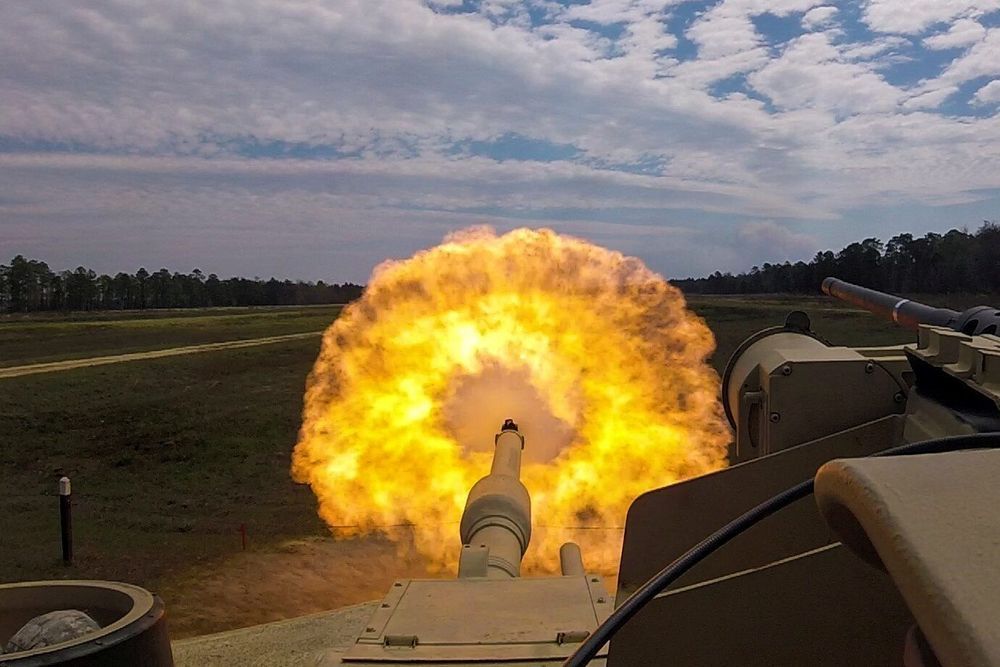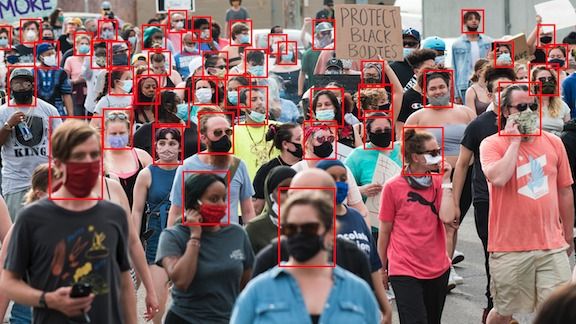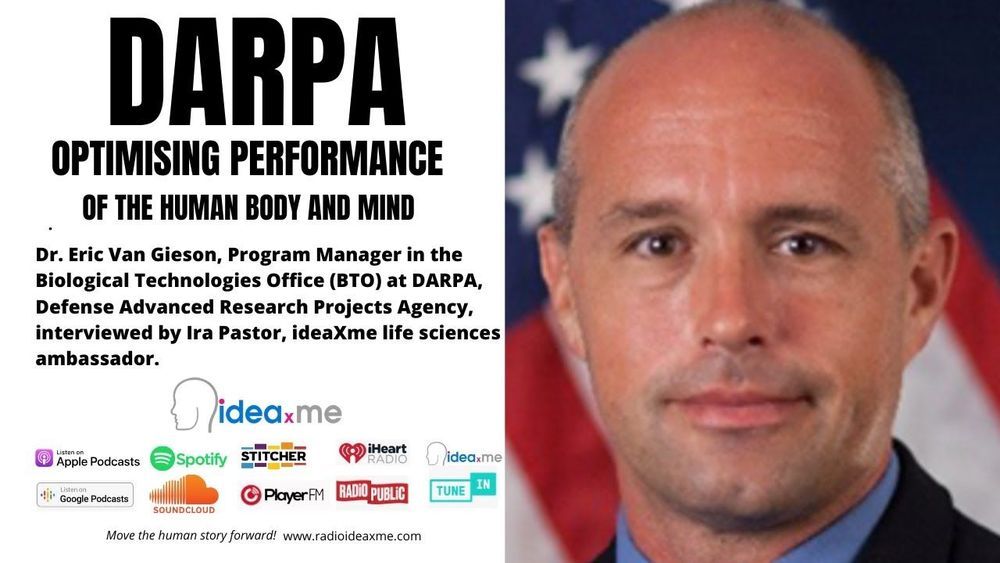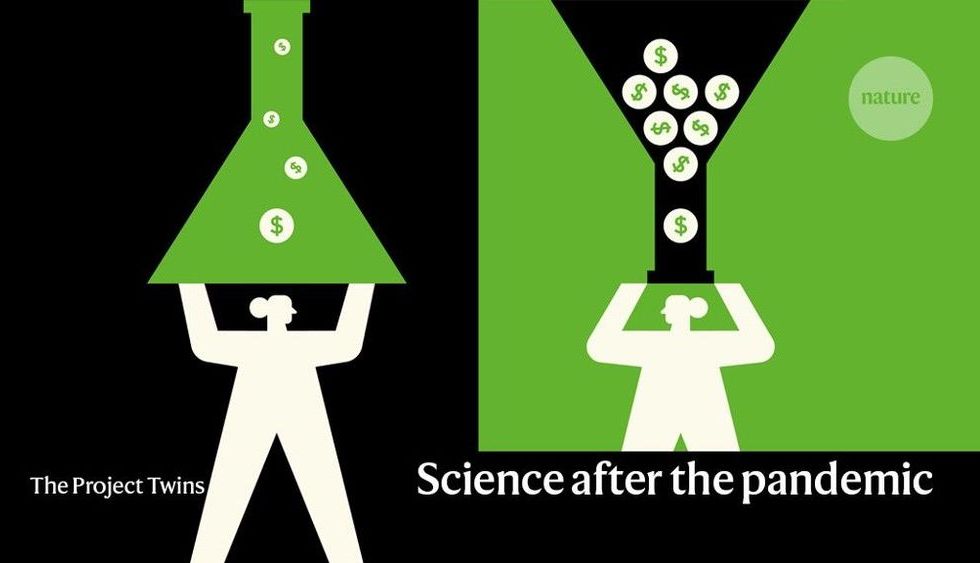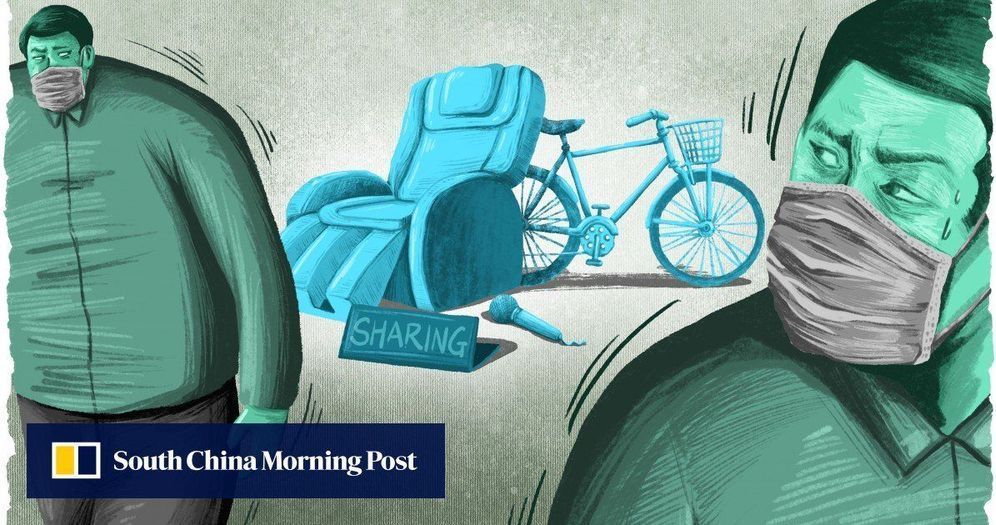Jun 14, 2020
Army Futures Command general describes how future wars will look
Posted by Derick Lee in categories: economics, military
Warrior: The Army must have some major efforts looking at what war may look like in 20 to 30 years?
Murray: “We have something called ‘Team Ignite.’ It is not a standing organization but a cross-functional team between my technologists and my scientists. One part is responsible for the technology at Combat Capabilities Development Command, another is a ‘future concepts’ unit at Fort Eustis, Va. and my concept writers at our Futures and Concepts Center. This forces the people who are thinking about future concepts to take technology into account because they technologists are right there with them. This forces them to think about how technology will change the concept… also it directly feeds what we should be investing in our science and technology areas.”
Gen. John Murray, commander of Army Futures Command, explains what future wars will look like.
Continue reading “Army Futures Command general describes how future wars will look” »
